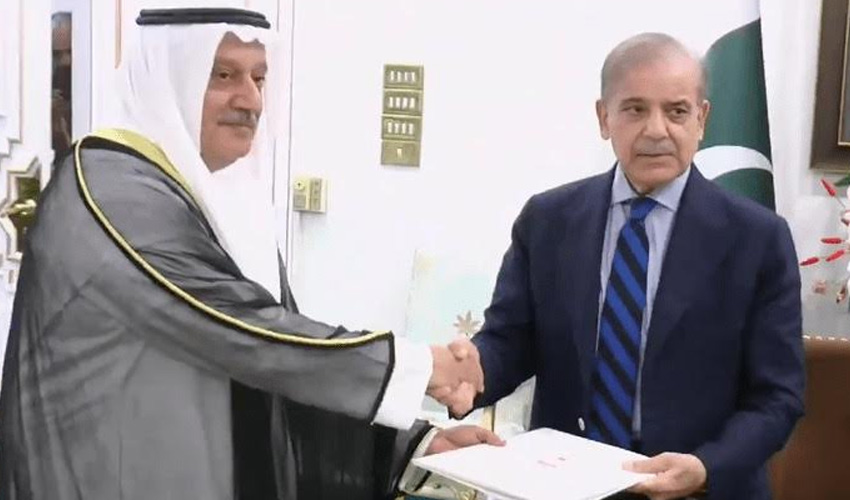The Special Investment Facilitation Council (SIFC) has reported significant progress in Pakistan's energy sector over the past year. Key achievements include the establishment of an Anti-Theft Task Force, which has recovered approximately 95 billion rupees, and the implementation of strategies to address circular debt.
In renewable energy, successful solar projects have been installed in Gilgit-Baltistan (1 MW) and Sukkur (150 MW). The Saudi Fund for Development has offered support for two hydropower projects in Azad Jammu and Kashmir, which will add 70 MW to the national grid.
Foreign investments are playing a crucial role in the sector's development. Chinese company Sinotec Solar plans to set up a 3 GW solar panel manufacturing plant in Karachi. Another project involves converting a thermal power plant to a 300 MW solar facility, attracting $200 million in foreign direct investment. Shanghai Electric Group has invested in Thar Coal Block-1.
Progress has been made on the Brownfield Oil Refinery Policy, potentially attracting $5-6 billion in investments. Pakistani oil refineries are upgrading to Euro-V standards. In the exploration sector, Mari Petroleum Company Limited successfully completed an appraisal well in the Ghazi formation.
SIFC's Vision 2031 aims to reduce dependence on traditional energy sources and focus on renewable energy, including hydel power, solar energy, wind energy, and re-gasified liquefied natural gas (RLNG).
These developments are part of SIFC's efforts to address Pakistan's energy crisis and promote economic growth through sustainable energy solutions.



























